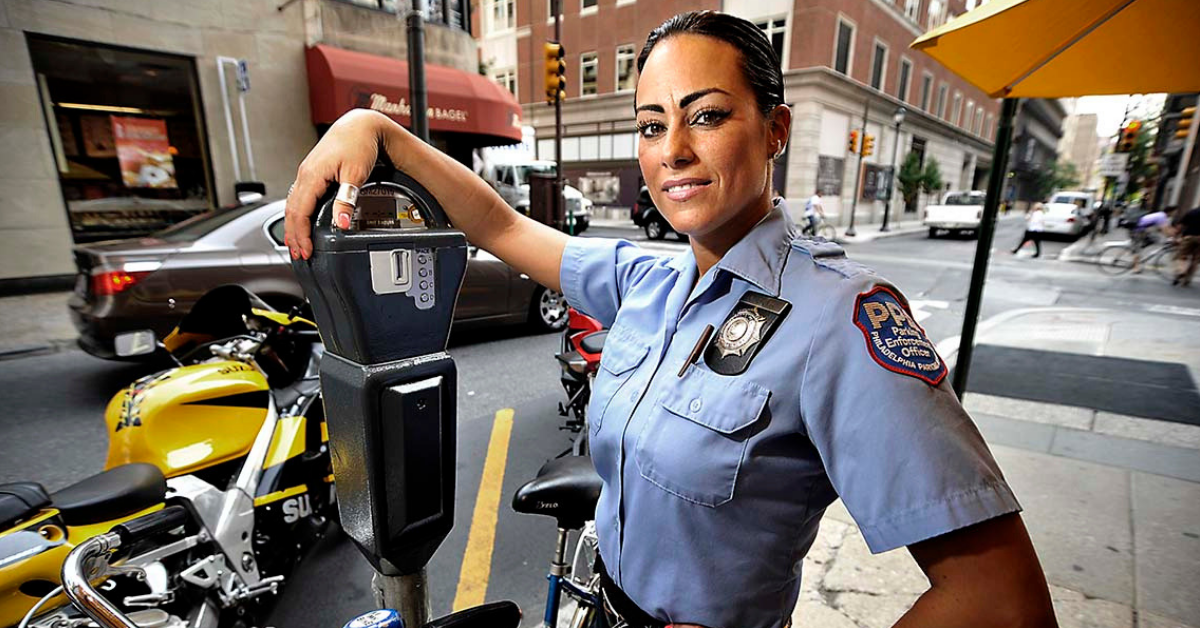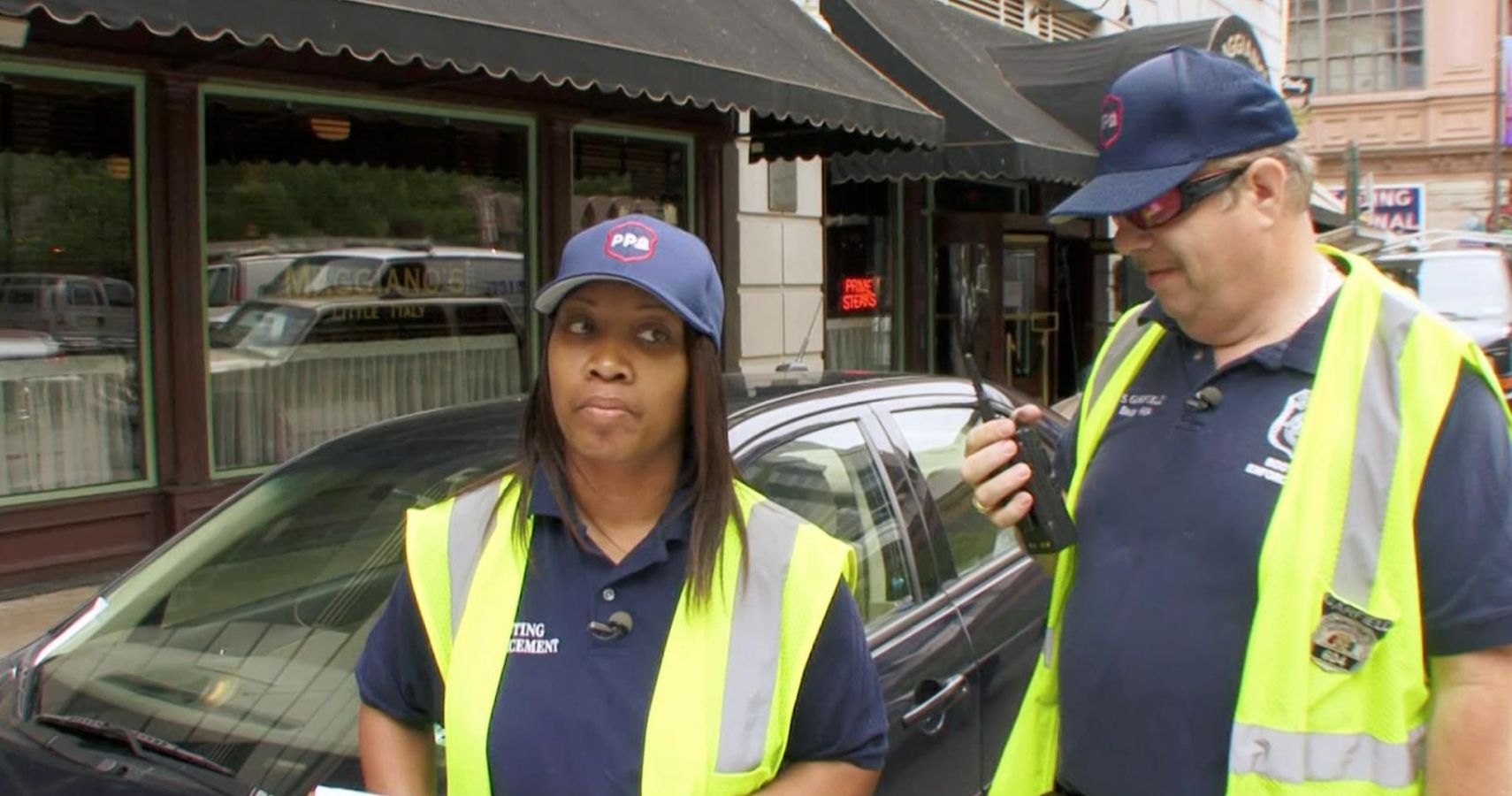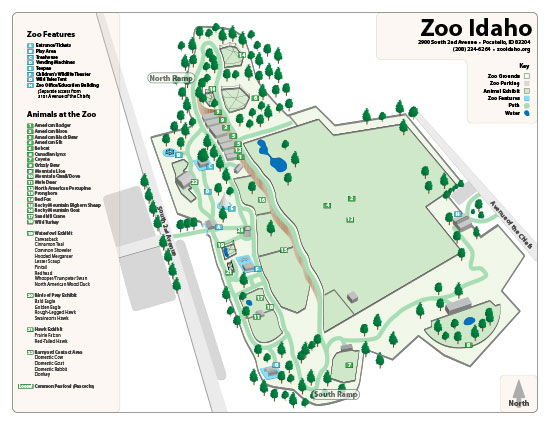Parking Wars: How Cities Can Avoid a Parking-Induced Recession

You know that feeling. You’re cruising down a busy street, searching for a parking spot. The minutes tick by, your stress levels rise, and you start to feel like you’re in a real-life game of Tetris, desperately trying to squeeze your car into a tiny space. This isn’t just a minor annoyance; it’s a major economic problem. Parking shortages are a growing pain point for cities worldwide, and they’re impacting businesses, residents, and the overall economy in a big way.
The Parking Crunch: More Than Just a Headache
Related Articles: Parking Wars: How Cities Can Avoid a Parking-Induced Recession
- Colorado Parking Fines: Don’t Get Caught Flat-Footed!
- Parking Wars: Navigating The Colorado Car Parking Battlefield
- Navigating Overnight Parking In California: Your Comprehensive Guide
- Alaska’s Rest Stops: Your Oasis On The Open Road
- Tampa Hotel Parking: Don’t Get Parked!
Think about it. When people can’t find parking, they’re less likely to visit businesses, attend events, or even move to a neighborhood. This leads to a ripple effect, hurting local economies and driving people away from vibrant urban centers. It’s a vicious cycle that needs to be addressed head-on.
The Economic Impact of Parking Woes
The impact of parking shortages goes far beyond frustrated drivers. Here’s a glimpse into the economic havoc they wreak:
- Lost Revenue for Businesses: Businesses lose out on potential customers who simply can’t find parking. Imagine a bustling restaurant with empty tables because customers gave up after circling for 20 minutes. That’s lost revenue and a missed opportunity.
- Reduced Property Values: Limited parking can make properties less desirable, leading to lower rents and property values. This hurts landlords, investors, and the overall vibrancy of a neighborhood.
- Increased Traffic Congestion: Drivers circling for parking contribute to traffic congestion, leading to longer commute times, increased fuel consumption, and environmental damage.
- Diminished Quality of Life: The frustration of searching for parking can impact residents’ quality of life, making them less likely to enjoy local amenities and participate in community events.

A Multi-Pronged Approach: The Solution Lies in Collaboration
So, what can cities do to combat this parking crisis? The answer lies in a multi-pronged approach that involves collaboration between city governments, businesses, and residents.
1. Smart Parking Solutions: Technology to the Rescue
Technology can be a game-changer in the parking wars. Smart parking solutions, like real-time parking availability apps, can help drivers find open spots quickly, reducing wasted time and frustration.

- Parking Guidance Systems: These systems use sensors and data analytics to guide drivers to available parking spots, minimizing the time spent circling.
- Dynamic Pricing: Adjusting parking rates based on demand can incentivize drivers to park in less congested areas, freeing up spots in high-demand zones.
- Mobile Payment Options: Making it easier for drivers to pay for parking with their smartphones can streamline the process and reduce the need for cash transactions.

2. Encouraging Alternative Transportation:
Cities need to encourage people to ditch their cars and embrace alternative modes of transportation. This can be achieved through:
- Investing in Public Transportation: Expanding and improving public transportation systems, including buses, trains, and light rail, makes it more convenient and attractive for people to leave their cars at home.
- Creating Bike-Friendly Infrastructure: Dedicated bike lanes, bike-sharing programs, and safe bike routes make cycling a viable option for commuting and recreation.
- Promoting Walking and Pedestrian-Friendly Streets: Well-designed sidewalks, crosswalks, and pedestrian-only zones encourage walking and make cities more enjoyable for residents and visitors alike.
3. Incentivizing Shared Mobility:
Ride-sharing services, carpooling, and vanpools offer alternative transportation options that reduce the number of cars on the road. Cities can encourage these services by:
- Providing dedicated lanes for ride-sharing vehicles: This allows ride-sharing services to operate more efficiently, reducing congestion and improving travel times.
- Offering incentives for carpooling: Financial incentives or preferential parking options can encourage people to share rides, reducing the number of individual vehicles on the road.
4. Strategic Parking Management:
Cities need to manage parking resources effectively to ensure that there are enough spaces to meet demand. This involves:
- Optimizing Parking Supply: Conducting parking demand studies to identify areas with parking shortages and implementing strategies to increase parking capacity in those zones.
- Encouraging Off-Street Parking: Promoting the development of off-street parking garages and parking lots can alleviate pressure on on-street parking.
- Implementing Parking Permit Systems: Restricting on-street parking to residents or businesses with permits can ensure that parking spaces are available for those who need them most.
5. Engaging the Community:
Effective parking management requires collaboration with the community. Cities can engage residents and businesses by:
- Conducting Public Forums: Hosting town hall meetings or online surveys to gather feedback on parking challenges and potential solutions.
- Creating Advisory Committees: Establishing advisory committees with representatives from residents, businesses, and transportation experts to provide input on parking policies and initiatives.
6. Embracing a Parking-Free Future:
The ultimate goal is to create cities that are less reliant on cars and parking. This means:
- Developing Transit-Oriented Development (TOD): Building high-density, mixed-use communities around transit hubs to minimize the need for cars.
- Promoting Sustainable Urban Design: Creating walkable, bikeable, and transit-friendly urban environments that prioritize people over cars.
A City for People, Not Cars
The parking crisis is a symptom of a larger problem: our dependence on cars. By embracing a multi-pronged approach that prioritizes alternative transportation, smart parking solutions, and community engagement, cities can create vibrant, sustainable urban environments that are more people-friendly and less car-dependent. It’s time to move beyond the parking wars and create cities that work for everyone.
FAQ: Parking Wars: How Cities Can Avoid a Parking-Induced Recession
Q: What are the biggest challenges cities face in addressing parking shortages?
A: The biggest challenges include:
- Limited Resources: Cities often face budget constraints, making it difficult to invest in infrastructure improvements like public transportation and bike lanes.
- Resistance to Change: Some residents and businesses may resist changes to parking policies, especially if they perceive them as inconveniences.
- Lack of Coordination: Different departments within city government may have conflicting priorities, making it difficult to implement a comprehensive parking management strategy.
Q: How can I get involved in advocating for better parking solutions in my city?
A: You can get involved by:
- Contacting your local elected officials: Let them know your concerns about parking shortages and urge them to prioritize solutions.
- Joining community groups: Connect with other residents who share your concerns and work together to advocate for change.
- Attending public meetings: Participate in public forums and share your ideas for improving parking in your city.
Q: What are some examples of cities that are successfully tackling parking challenges?
A: Several cities are leading the way in implementing innovative parking solutions:
- Seattle, Washington: Seattle has implemented a comprehensive parking management plan that includes a congestion pricing system, a citywide parking permit program, and a robust public transportation system.
- Portland, Oregon: Portland has invested heavily in bike infrastructure and has a thriving ride-sharing culture, making it a model for sustainable urban transportation.
- San Francisco, California: San Francisco has implemented a "Park Once" program that encourages drivers to park once and use public transportation or walking to reach their destinations.
Q: What are the long-term benefits of addressing parking shortages?
A: Addressing parking shortages has numerous long-term benefits, including:
- Improved Economic Growth: Reduced parking congestion and increased accessibility to businesses can lead to economic growth and job creation.
- Enhanced Quality of Life: Creating more walkable and bikeable urban environments can improve residents’ quality of life and make cities more enjoyable places to live.
- Reduced Environmental Impact: By encouraging alternative transportation, cities can reduce greenhouse gas emissions and improve air quality.
The parking crisis is a complex issue, but it’s one that cities can overcome. By embracing innovative solutions, engaging the community, and working towards a future where people are prioritized over cars, cities can create vibrant, sustainable urban environments that are truly people-centric.

Closure
Thus, we hope this article has provided valuable insights into Parking Wars: How Cities Can Avoid a Parking-Induced Recession. We thank you for taking the time to read this article. See you in our next article!


